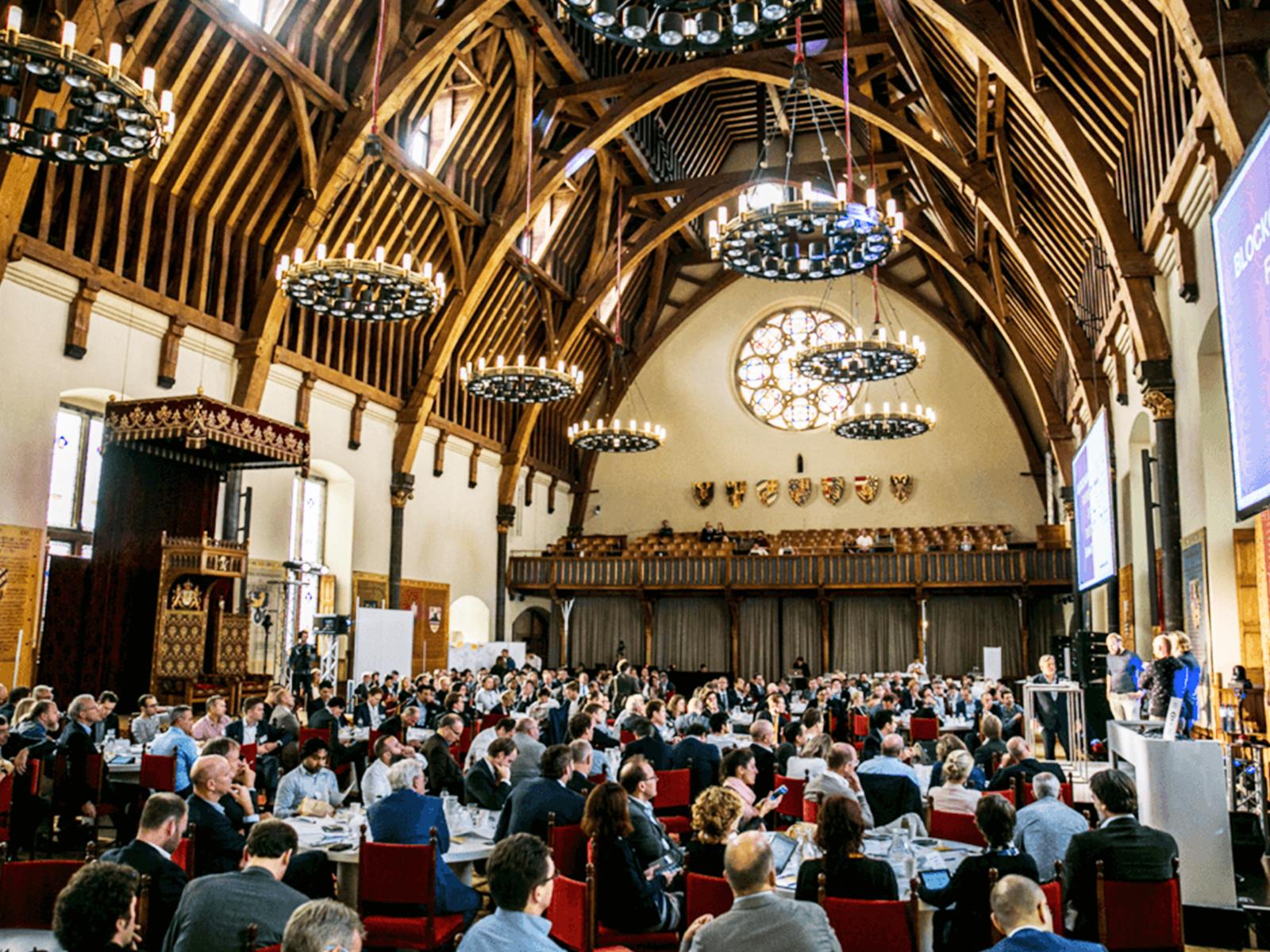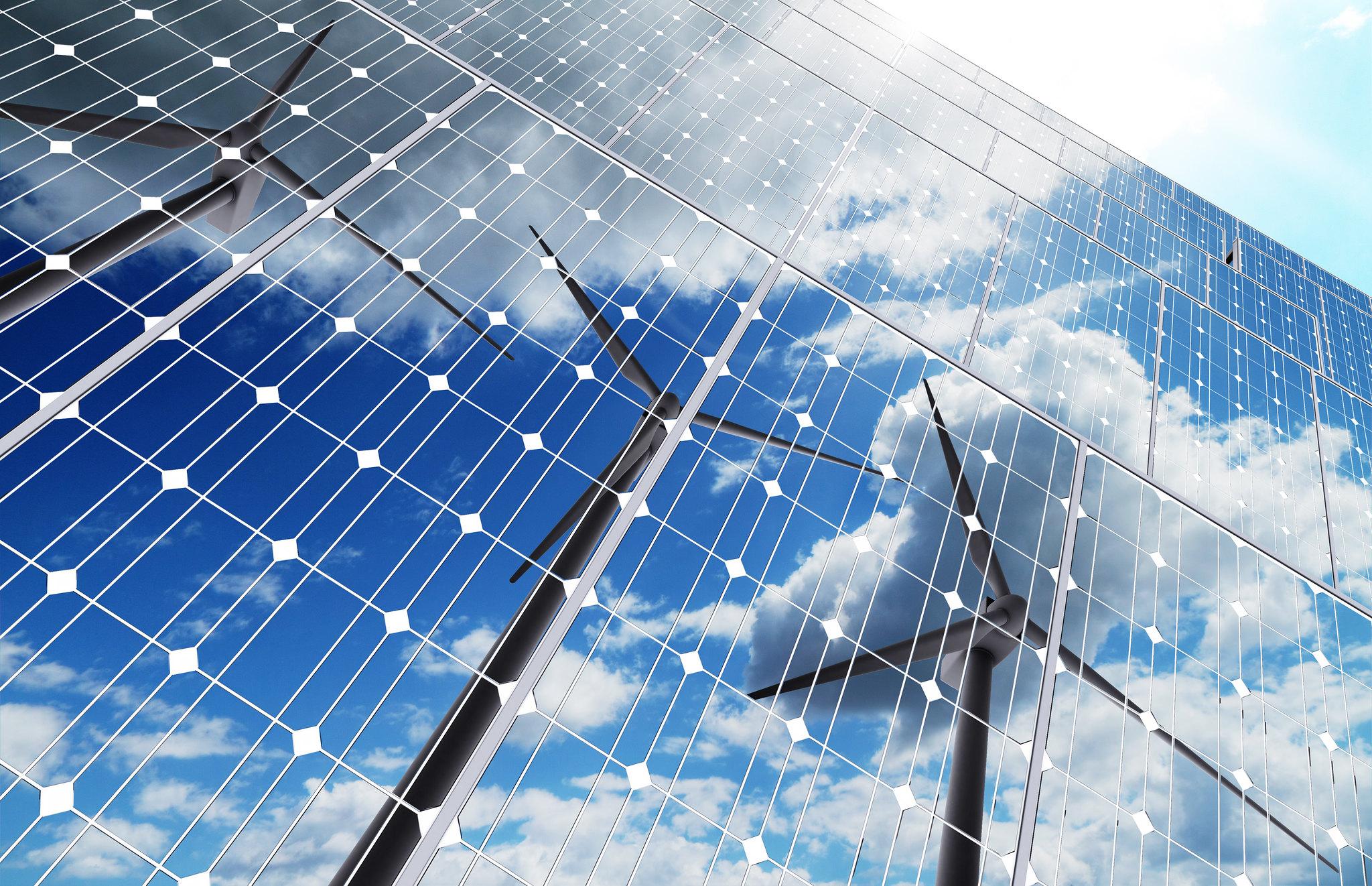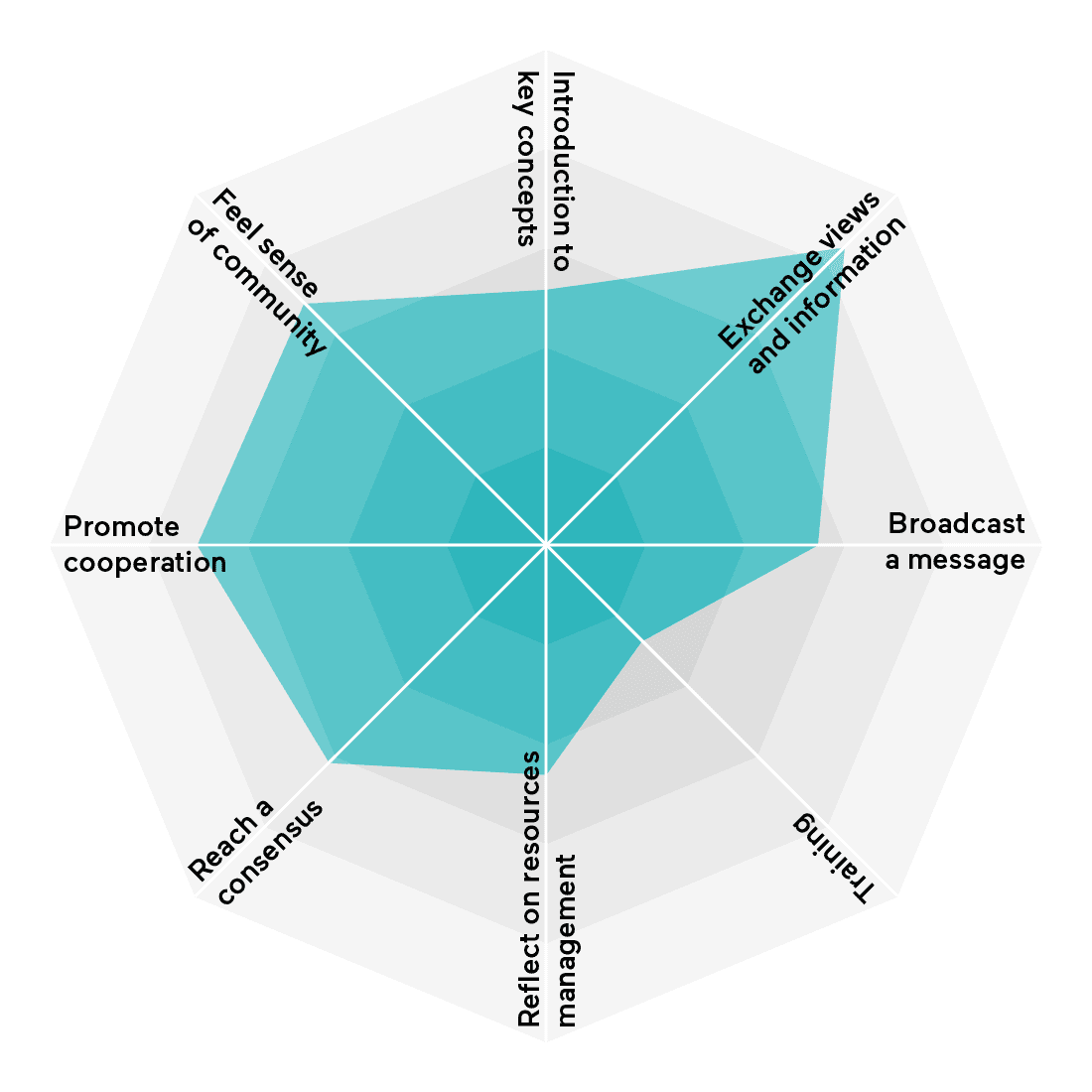September 25th, the knights of the future assembled in the Hall of Knights in The Hague, to co-create, connect and #commonize our future. Inspiring talks were alternated with interdisciplinary working sessions to come up with challenges to address big societal problems using technology (such as Blockchain). What makes this technological revolution so valuable to me is that it triggers us to fundamentally re-think our current system and our underlying values.
What makes this technological revolution so valuable to me is that it triggers us to fundamentally re-think our current system and our underlying values.
Many of the presentations emphasized the importance of infrastructure itself rather than cool applications using Blockchain (or more precise DLT systems). In this regard, the notion of commons was mentioned many times, which takes a different view on ownership and responsibility, and its corresponding rules, protocols and principles (i.e. incentives).
To illustrate what is meant with this: think of your boiler. As a house owner you are probably also the owner of your boiler. You pay the manufacturer of your boiler a service fee for the maintenance of it, but instead of optimally maintaining the boiler, the service provider (and manufacturer) has an incentive (profit) to sell you a new one in case it is broken. In the circular economy movement, we are transforming business incentives towards sustainability by providing stimuli for manufacturers to take responsibility for durability of their products.
Is it right to be both providing maintenance of the system and producing the protocols?
Similarly, we need to fundamentally consider the infrastructure underlying Blockchain applications. What are the incentives in the system? What actors participate and what roles and positions do these actors have? How are they rewarded for that? Using the analogy of the boiler: is it ethical, sustainable, and serving the purpose at hand to be both providing maintenance of the system and producing the protocols? This is one of the questions we address in the Commons Lab with Waag as the underlying concept of Blockchain as a decentralized public database, which is collectively maintained by a network of participants, seems to fit well in a commons framework.
After learning how to design complex systems from the founder of BlockScience and about token (incentive) engineering from the Chief Scientist of the Ocean Protocol, an interesting debate was facilitated between Marleen Stikker (founder Waag) and Vinay Gupta (founder Mattereum). They both strive towards similar goals, namely to use technology to solve huge societal challenges, but take a different angle. Gupta believes that humans are a “destructive species” and Stikker believes that in essence we are cooperative beings. She stated that managing for distrust creates distrust and that is exactly what we are currently doing. What if we started with high trust instead? Would we end with high trust? Classic tit for tat game theory outcomes point indeed to that conclusion. Gupta takes a more defensive approach and thinks there is a need for a protective environment to make sure people aren’t “screwed”. Blockchain provides a solution for that by being “an audit system for the entire economy” and thus creates clarity for everybody on how the system works. “Tech is not neutral though”, replies Stikker, it is still humans that use it and develop it. We therefore need to be very precise and nuanced when designing it. “Technology can be a solution but can also be a threat”.
We are (finally) having fundamental conversations on where we are, where we need to go in the future and the possible routes we can take to get there.
For me, on this day, with my fellow nodes in the Knights of the Future network, one thing stood out: new technology forces us to fundamentally rethink our whole system. The arrival of autonomous machines triggers us to think about basic human rights and the values underlying our interaction with animals, the planet and things. Similarly, the introduction of cryptocurrencies triggers us to fundamentally re-think our current money system and going back all the way to its origins. These conversations make this technological revolution so valuable to me. We are (finally) having deep, fundamental conversations on where we are, where we need to go in the future and the possible routes we can take to get there.


